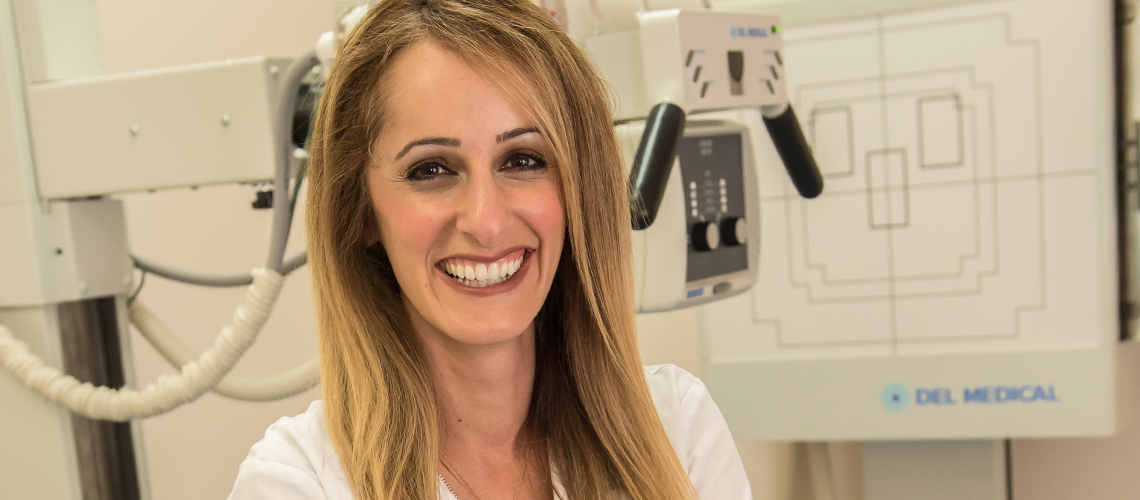How have electronic health records influenced long-term care?
They facilitate a smoother transfer of patient information. Within long-term care, we communicate and send/receive information between the federal government, insurance companies and between services such as with pharmacy, laboratory and radiology. This exchange of information governs how facilities get paid and tracks its quality of care. Ultimately, consumers have benefited with better health outcomes.
What’s your take on consolidation within the industry and the move toward an outcome-based payment model?
Outcome-based payment models has driven providers to look at outcomes, quality of care and cost. We quickly recognized that it is our staff that will need to provide the care that is efficient and cost effective. We have placed much emphasis on supporting our employees through education, training, providing them the equipment and the work environment to meet this outcome-based challenge. We are focusing on recruiting the best employees and retaining them.
In addition, Palolo Chinese Home works very closely with other post-acute facilities as well as acute care (hospital) partners. They count on us to help with providing care for their patients who are being discharged but may need short-term rehab before returning home. We make sure that when they become our residents, they receive quality care to prevent them from being readmitted to the hospital within 30 days, so that the hospitals are not subject to penalties that can affect their revenue.
How have trends in the work force influenced your work in health care?
People are postponing retirement usually because of financial need. At the same time, many are leaving the workforce prematurely to provide support for family caregivers. Many in the workplace are stretched and stressed beyond imagination. Our senior day care program, which is open seven days a week, and our home care program are as much for seniors as they are for working caregivers.
Senior day care provides a place where a family member can drop off a loved one and know they will be cared for during the day while they are at work. Home care provides in-home services by those who serve as an extension of family. It’s a win-win for everyone. I think employers will begin to see how these services are beneficial for their employees. The employees are able to be fully present at work without having to worry about mom or dad, rushing home to feed them lunch or dinner, or taking too much time off from work. All of this leads to more productivity and avoids premature retirements from those who have so more much to contribute.
















